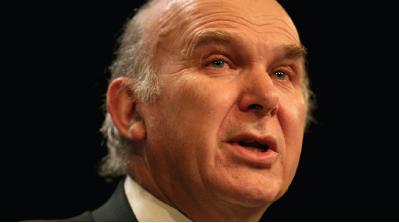The government has approved a rise in the National Minimum Wage to £6.50 per hour later this year, with more than one million people set to see their pay rise by as much as £355 a year.
The rise will take effect in October 2014, as Business Secretary Vince Cable has accepted in full the independent Low Pay Commission’s (LPC) recommendations for 2014, including plans for bigger increases in future than in recent years. The LPC has said the rise, the first real terms cash increase since 2008, is manageable for employers and will support full employment.
 The National Minimum Wage rates from 1 October, 2014, as recommended by the LPC, will be:
The National Minimum Wage rates from 1 October, 2014, as recommended by the LPC, will be:
- a 19p (3%) increase in the adult rate (from £6.31 to £6.50 per hour)
- a 10p (2%) increase in the rate for 18 to 20 year olds (from £5.03 to £5.13 per hour)
- a 7p (2%) increase in the rate for 16 to 17 year olds (from £3.72 to £3.79 per hour)
- a 5p (2%) increase in the rate for apprentices (from £2.68 to £2.73 per hour)
Business Secretary Vince Cable said: “The recommendations I have accepted mean that low-paid workers will enjoy the biggest cash increase in their take home pay since 2008. This will benefit over one million workers on the National Minimum Wage and marks the start of a welcome new phase in minimum wage policy. The independent Low Pay Commission plays a crucial role in advising the government about the minimum wage. This is why I asked them to look at how we could restore the real value of the National Minimum Wage as the economy recovers.”
The Business Secretary officially welcomed the LPC’s assessment that 2014 will mark the start of a new phase of bigger increases, provided economic conditions continue to improve.
This analysis of the prospects for rises, that could restore the value of the National Minimum Wage to its peak in real terms, follows a specific request by the Business Secretary for the LPC to provide forward guidance on what economic conditions would be necessary to allow faster increases in National Minimum Wage without harming employment rates. It is the first time the government has been provided with a broader evaluation of the issues that affect low pay, and it outlines what kind of economic recovery is needed to ensure greater rises in National Minimum Wage.
Photo: Vince Cable